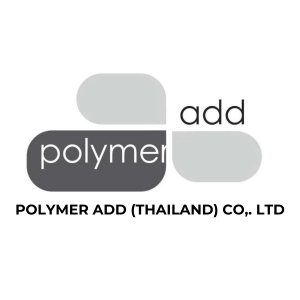Barium sulfate can be employed in rubber manufacturing for several purposes due to its unique properties. Here are some ways it can be used in rubber:
Density Modification
Barium sulfate is denser than many other commonly used fillers in rubber compounds. Adding barium sulfate to rubber formulations can increase the density of the final product. This can be beneficial in applications where higher weight or mass is desired, such as in vibration-damping materials or in applications where specific weight requirements must be met.
Reinforcement
Barium sulfate acts as a reinforcing filler in rubber compounds, improving mechanical properties such as tensile strength, tear resistance, and abrasion resistance. It forms a network within the rubber matrix, enhancing its overall strength and durability.
Abrasion Resistance
Due to its hardness and abrasiveness, barium sulfate can improve the abrasion resistance of rubber products. This is particularly useful in applications where the rubber is subjected to wear and friction, such as in tires, conveyor belts, and seals.
Flexibility and Stiffness
Depending on the formulation and loading level, barium sulfate can influence the flexibility and stiffness of rubber compounds. By adjusting the concentration of barium sulfate in the formulation, manufacturers can tailor the hardness and stiffness of the rubber to meet specific application requirements.
Chemical Inertness
Barium sulfate is chemically inert, meaning it does not react with other components in rubber compounds. This inertness ensures stability and compatibility with various rubber polymers and additives, preventing unwanted chemical interactions that could compromise the performance of the rubber product.
Cost-Effective Filler
Barium sulfate is often more cost-effective compared to other reinforcing fillers used in rubber compounds, such as carbon black or silica. Its lower cost can help manufacturers reduce production costs without sacrificing performance.
Electrical Insulation
In some rubber applications, such as cable insulation or electrical sealing components, barium sulfate can be used to provide electrical insulation properties. Its high dielectric strength and non-conductive nature make it suitable for these applications.
